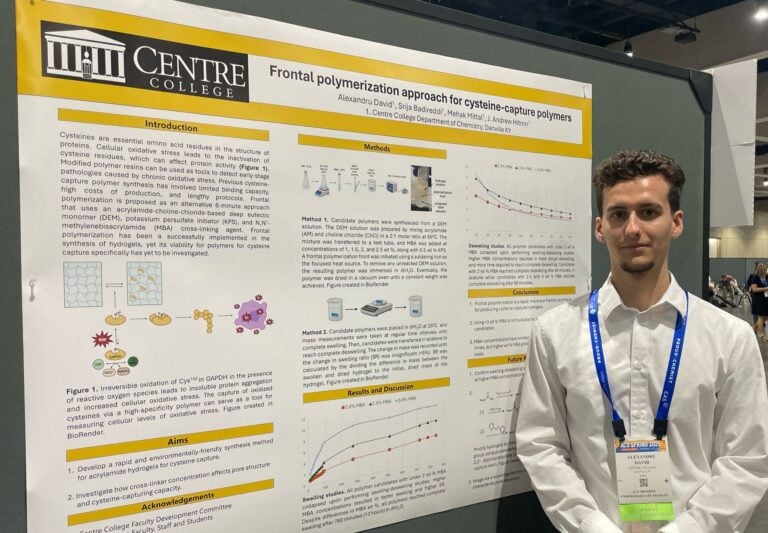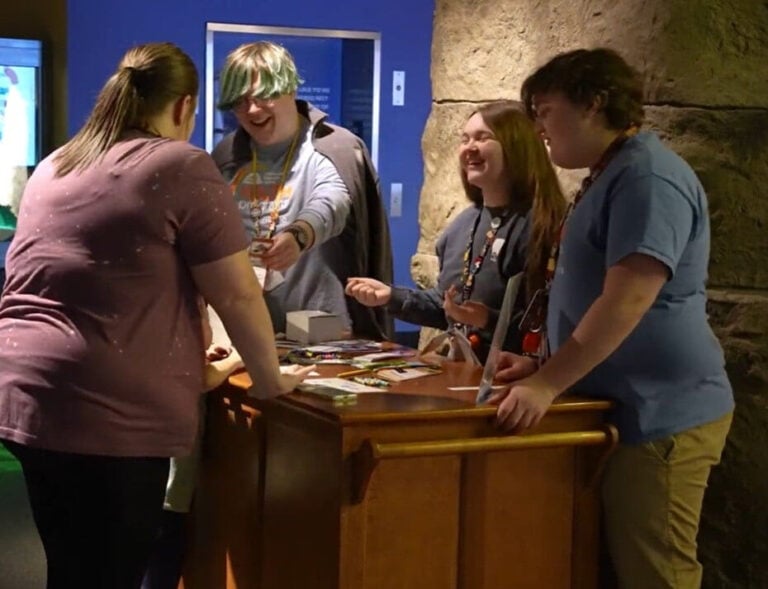By Patricia A. Scheyer
NKyTribune reporter
The Kenton County Animal Shelter was awarded Joanie Bernard grant, a prize worth up to $10,200, for the purpose of spaying and neutering stray cats in the county.
The grant comes from the Give Them Ten Movement, an organization under the Joanie Bernard title, dedicated to advancing feline research, funding humane shelters and cat organizations, developing life-saving initiatives and educational programs on spay/neuter, fostering, adopting and caring for both community and pet cats. They are active in at least seven other states.
“Addressing our county’s community cat population is a top-of-mind issue for our team,” KCAS Director Kelsey Maccombs said. “Research shows the Trap-Neuter-Return, or TNR method is an effective solution, and we’ve seen some success during our program’s early years, but now it is about building our capacity to perform the necessary surgeries. The financial support of the Joanie Bernard Foundation will allow us to continue our program throughout the current year.”
Kenton County is no stranger to the Joanie Bernard Foundation. In 2016, they received their first grant which enabled them to perfect their TNR program, a best practice program where the cats are not only neutered and spayed, but they are also given vaccinations before they have their ears tipped for identification and then returned to their area.

“Through the grant, we will be able to get up to $850 per month for 12 months,” said Maccombs. “The grant is exclusively for spay/neuter surgeries.”
The Animal Shelter was able to use external support systems to try and keep the program afloat. Those resources waned at the end of 2022, but they do receive support from the Kenton County Fiscal Court.
“The cats in a stray colony are usually trapped by members of our staff, but we do sometimes have help from the community,” Maccombs explained. “People can also borrow a trap if they need to trap a stray cat.”
Currently there is only one veterinarian at the shelter who comes in one day a week. Provided that everything goes okay, that one veterinarian can perform 30 spay/neuter operations, which counts out to 1,560 per year. Since intake last year was approximately 3,000 animals, the numbers reflect the disparity in needs and services.
“We would love to have a veterinarian on staff,” said Maccombs. “That position is open.”
The year 2016 was historic in that all three county animal shelters incorporated a boost into their TNR program so their community cat programs became better than ever.
Campbell County Animal Services tries to be transparent in sharing monthly service stats with the community. CCAS has worked hard to maintain a 90% or higher live release rate since 2016, which they attribute to their Community Cat Program. This program includes the Trap-Neuter-Return, the Barn Cat Program, in addition to the scheduled intake, adoption counseling, and maintaining good relationships with rescue organizations.
“In our first year 238 cats were returned to the field after being spayed/neutered, vaccinated, and ear tipped, which accounted for a total of 20 percent of all cat intakes that year,” said Shelter Director Lisa Krummen. “By 2022 this increased to 440 cats returned to the field, or 78 percent of all cat intakes at the shelter.”

The community cat program includes free spay/neuter surgery, vaccinations and ear tipping for outdoor community cats, which eliminates new litters and helps to control population. Traps are available to borrow, with a refundable deposit.
In Boone County the Trap-Neuter-Return program was instituted in 2012, with the help of a grant from the Joanie Bernard foundation in 2016. Even though stray cats can add character and charm to country communities, they also bring some challenges, the worst of which is excess litters of kittens.
Boone County Animal Shelter adopted the Trap-Neuter-Return (TNR) approach to help manage the stray cat population safely and humanely.
“Our staff members go out and trap cats when they find colonies of feral cats, but we also encourage people in the community to participate in trapping the stray cats,” said Boone County Animal Shelter Director Colleen Bray. “Everything helps when you are trying to cut down the population of cats.”
With the TNR program, colonies of stray cats are targeted to be trapped, then taken into the shelter to be neutered. If a cat already has a tipped ear, that means they have already been neutered, but cats reproduce at an amazing rate, so many colonies of stray or feral cats show no sign of having been targeted before. Once the cats are neutered, they are vaccinated, and they are also screened for diseases. Then they are released into the place they were picked up from.
“We have worked with the Joanie Bernard Foundation for about 9 years,” Bray explained. “In our new facility, which is due to open sometime in March, they helped us with the community clinic, as well as the cat room.”
She said they also partner with several vets in the area, and with organizations like UCan and OAR to give the best options to the community for service to the animals.
Of course the main benefit of TNR is fewer litters of kittens, which then means less overcrowding of shelters, as well as less wear and tear on mom cats, and less unsavory behavior of male cats. There is also less likelihood of many diseases, including cancer that can be spread to domestic cats.
“We are physically moving things to the new place,” said Bray. “Also this weekend we have a special on adoption fees. We will be up and running soon, and working with the Joanie Bernard Foundation is a great asset for us.”

















